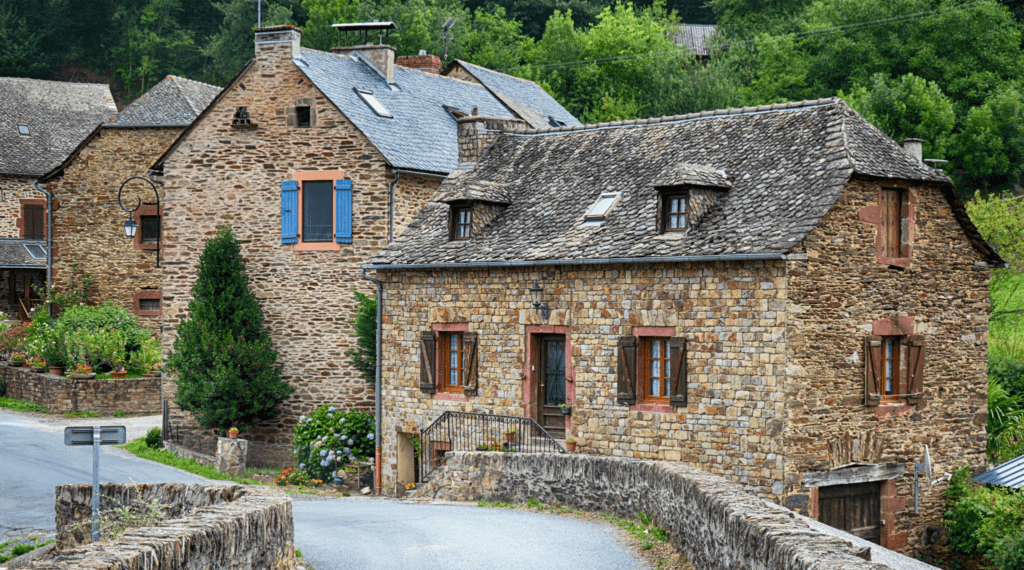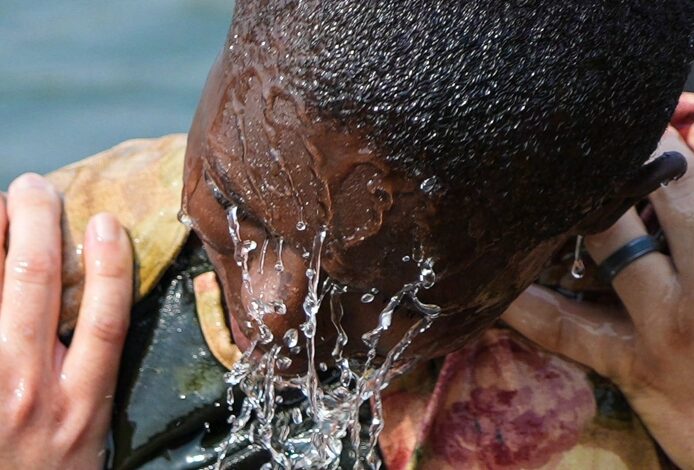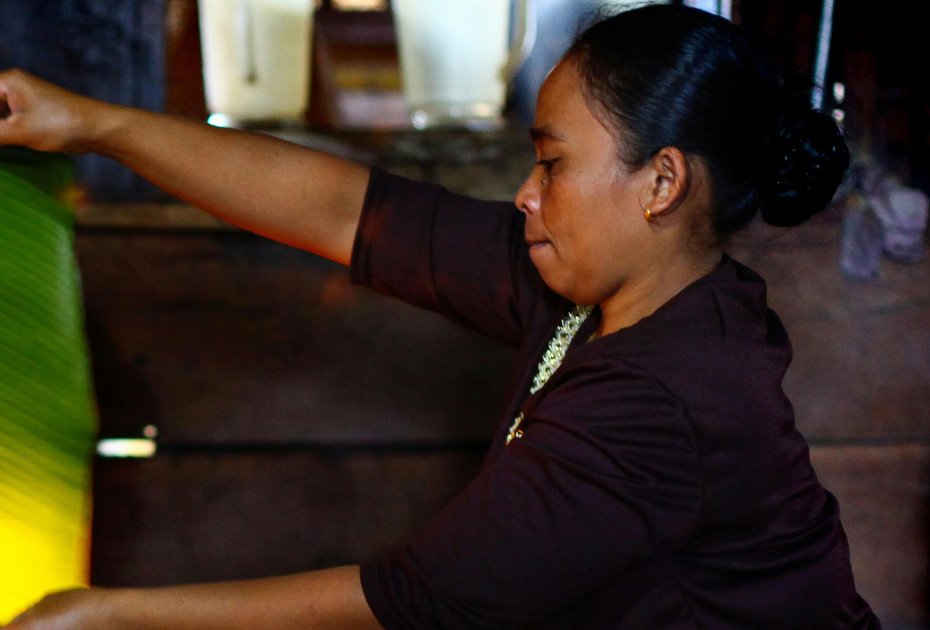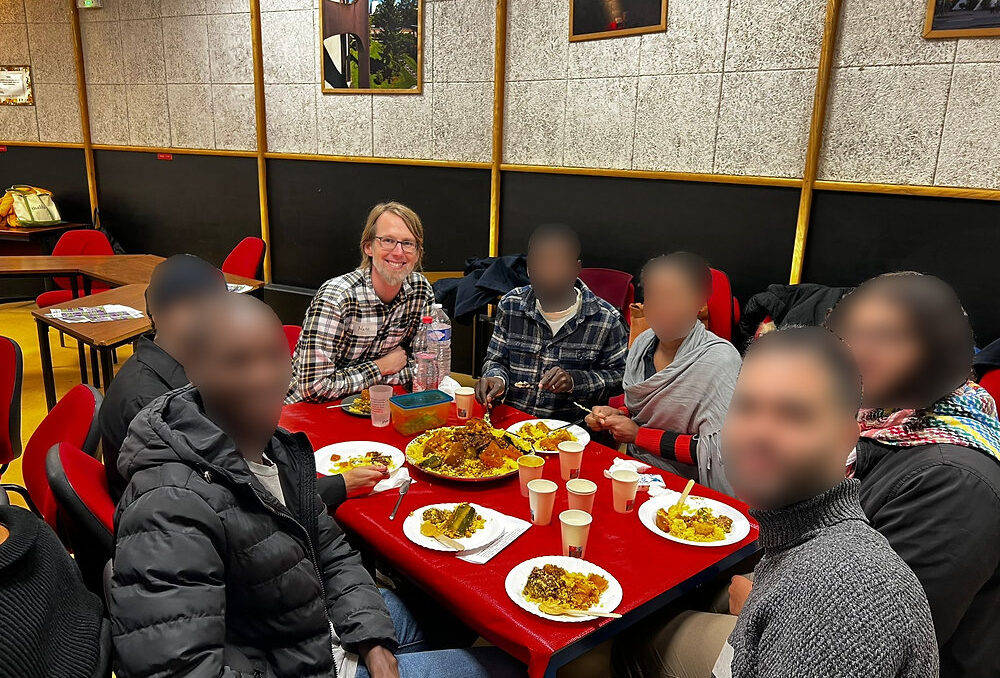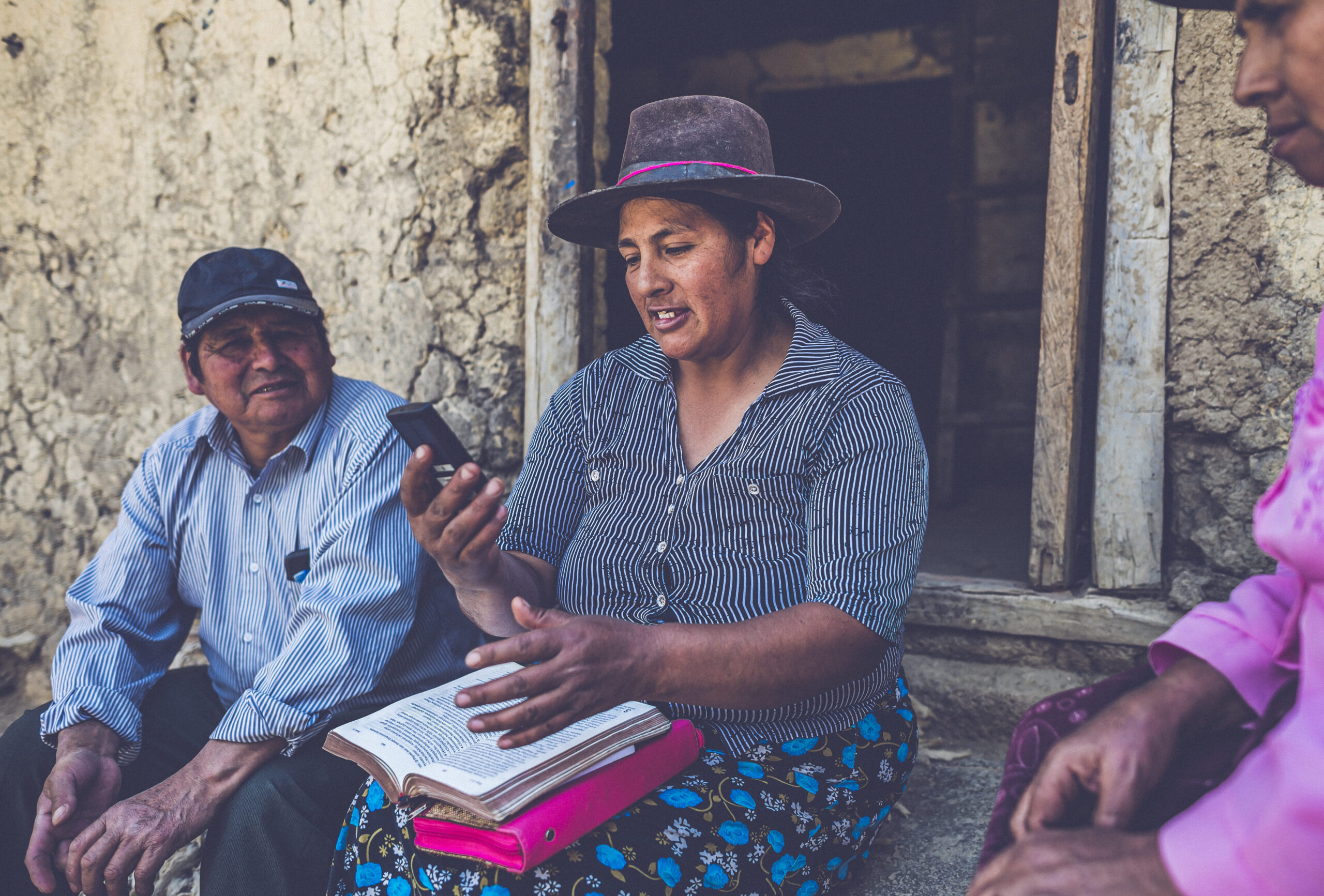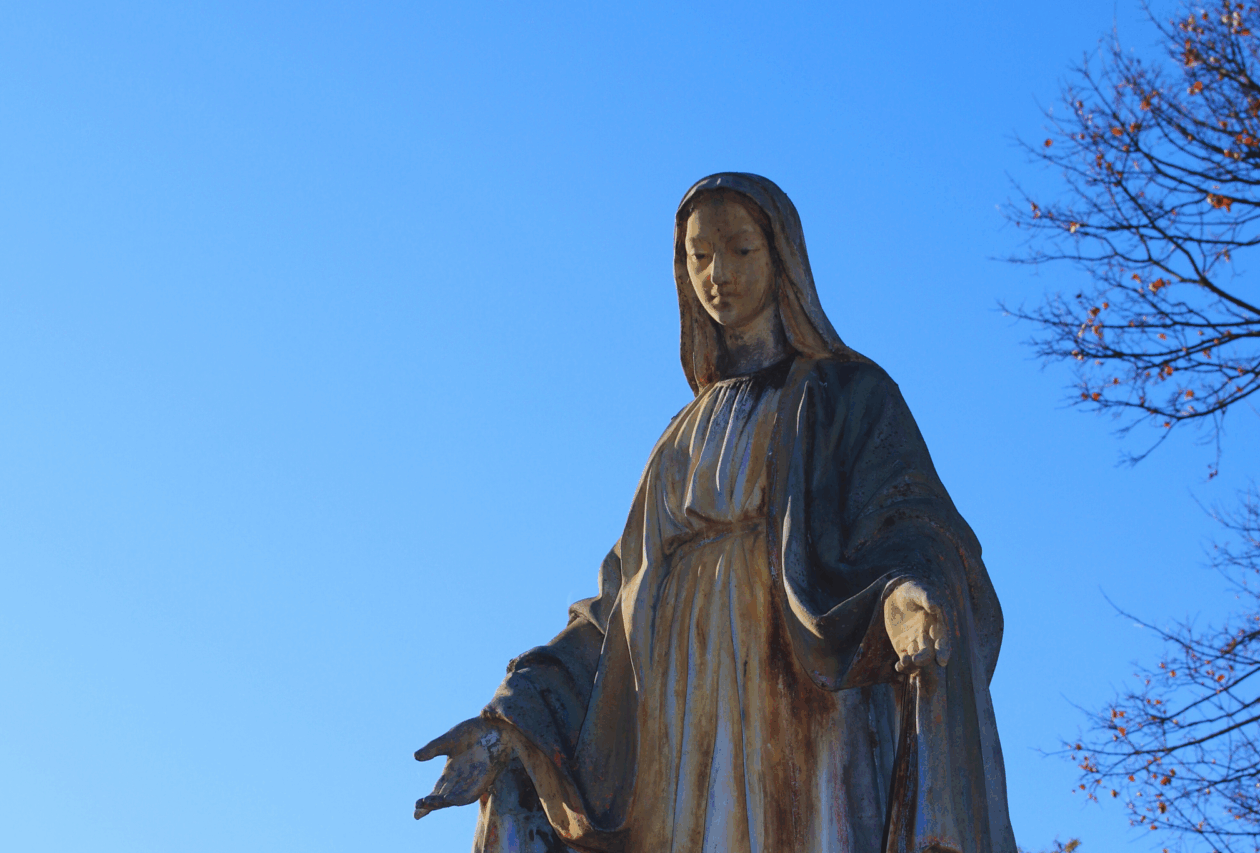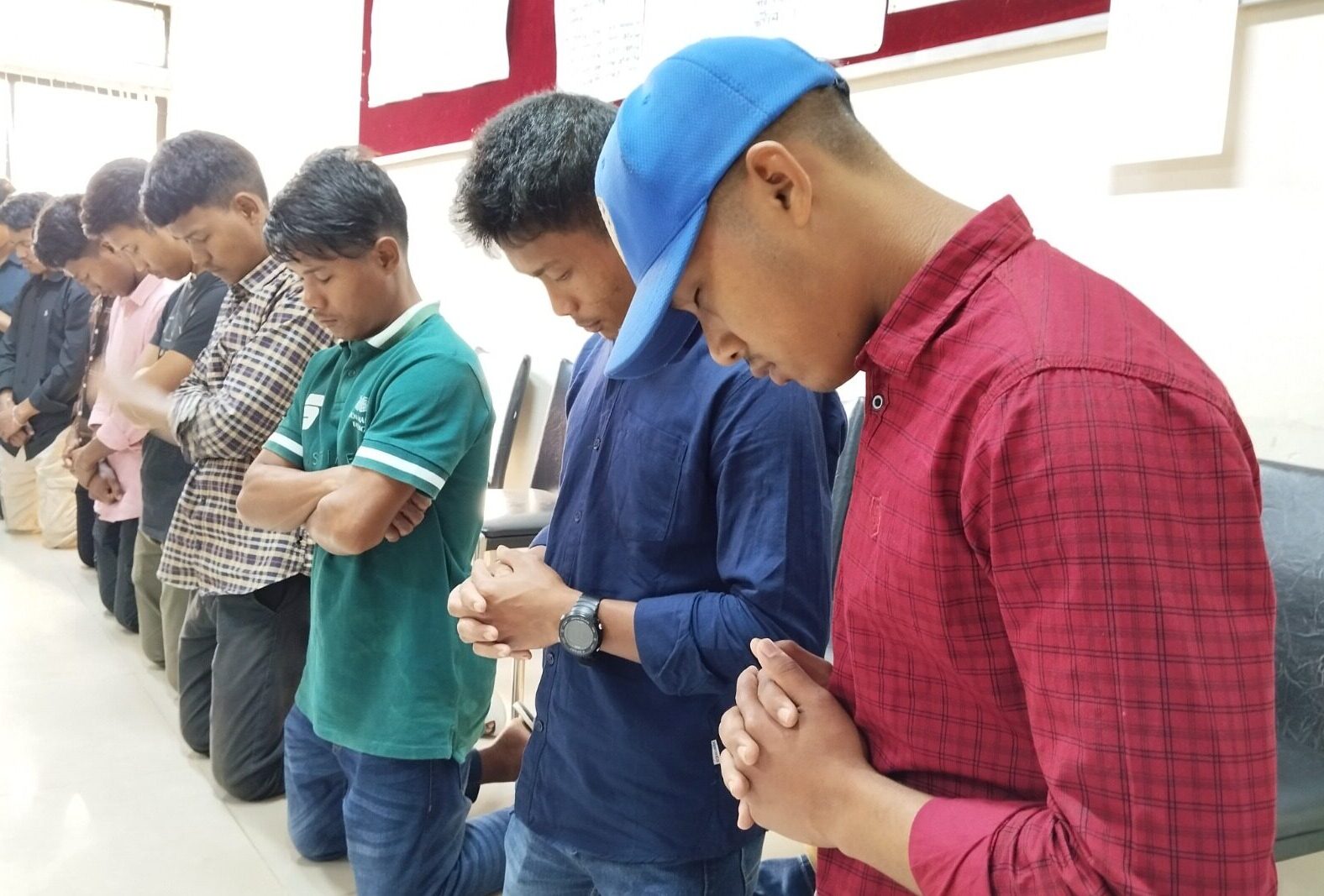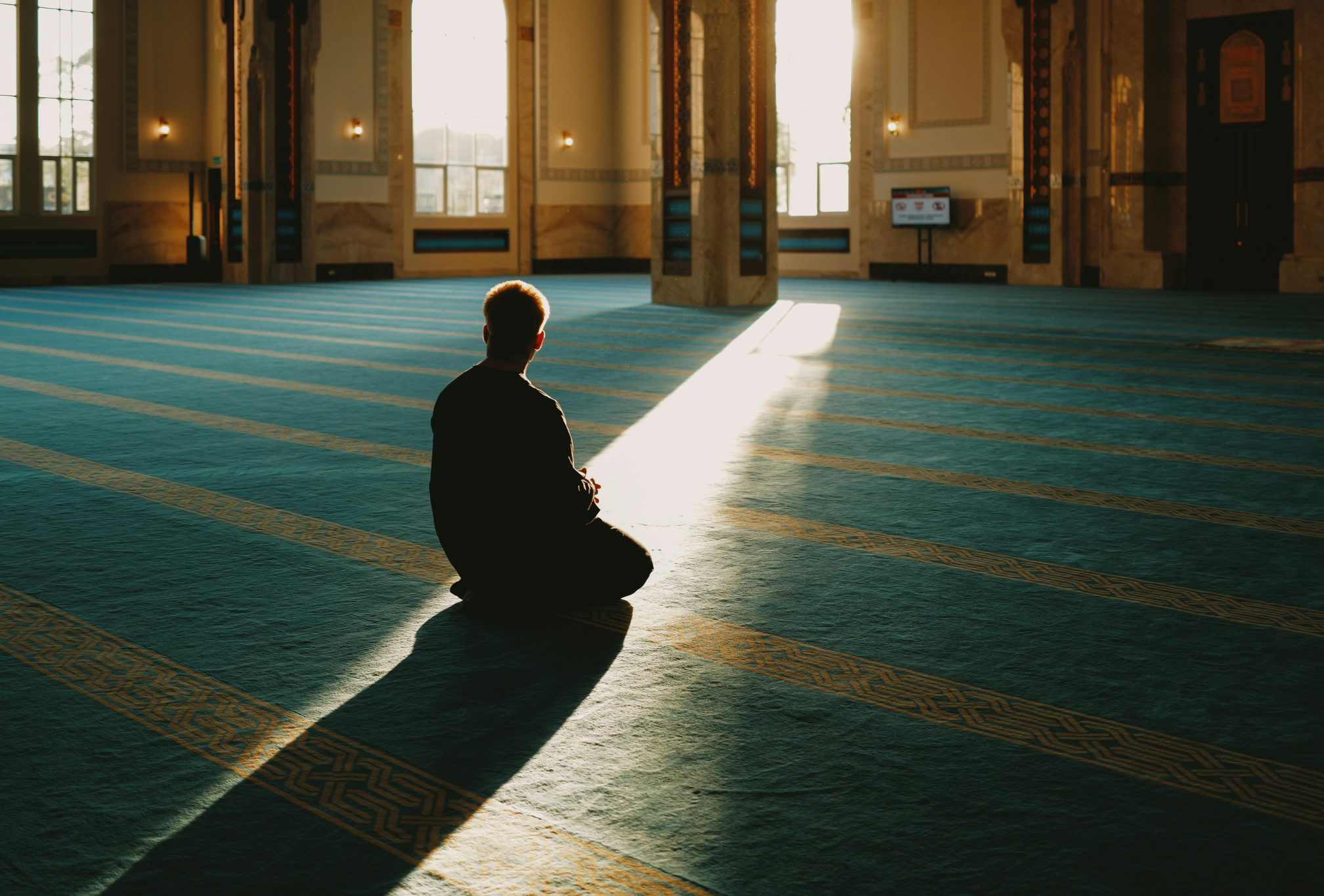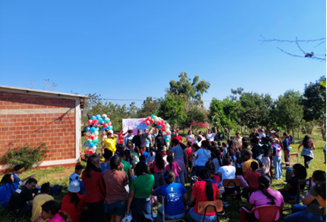By Susan Akyeampong
France is a country of contrasts: rich in history, arts, and culture. Yet, as French native Vincent, Head of Communications for SIM France/Belgium, explains, it is also a nation of deep spiritual need. Things are starting to change, though. There is a growing openness to faith and a pressing need for mission work.
With only 1% of the population identifying as evangelical Christian, secularism in France is a central part of public life. The concept of laïcité (secularism) strictly separates religion from public spaces. This creates challenges for sharing the gospel, but it also opens doors for creative and meaningful ways to engage with people. Despite these barriers, organisations like SIM France/Belgium are seeing God at work.
France’s diversity offers both challenges and opportunities for ministry. The country is home to a large Maghreb community, with immigrants , second and third generation migrantsmaking up 8% of the population. International students and refugees are also an integral part of the fabric. As God’s heart is to see his church made up of people from all cultures, each welcomed and embraced. SIM France/Belgium has two priorities. The first is to mobilise and send mission workers overseas, preparing them to serve in ministries around the world. The second is to place international workers in ministries within France. This is done by partnering with churches or already active in the area, ensuring they support and strengthen existing efforts.
It’s all about building relationships. They’re creating spaces where people feel valued and cared for—and through those relationships, we point them to Jesus.
God is doing incredible things through mission workers in France.
In Strasbourg, the Duriga family (SIM USA) serves in a lively, multicultural neighbourhood through a local church. Nate Duriga is dedicated to connecting international Muslim students with Christian students. Together as a family, they organise events where both groups can openly share and discuss their beliefs in a respectful and welcoming environment. Some Muslim students have shared with Nate how much they appreciate being seen and understood in ways that challenge the negative stereotypes often portrayed in the media. It’s a powerful approach to building deep and meaningful relationships.
Another inspiring story comes from Toulouse, where a family of mission workers supported by SIM France/Belgium, in partnership with a local Baptist church, has launched a community project to engage refugees through activities like sports, gardening, and social events. Vincent explains, “It’s all about building relationships. They’re creating spaces where people feel valued and cared for—and through those relationships, we point them to Jesus.” This relational approach is already transforming lives, giving many refugees a sense of belonging and spiritual connection within the community.

However, secularism continues to shape the spiritual landscape in profound ways. “Religion is seen as something private. Wearing a cross or speaking openly about faith is not really allowed in public spaces like schools and universities, and it still feels taboo.” For many, the material wealth in society fosters a sense of self-sufficiency, leaving little perceived need for God. Vincent also points out the rise of prosperity gospel teachings, especially among the African diaspora’s churches in big cities, which have muddied the true message of Christianity, spreading the false idea that accepting Jesus will lead to material wealth. This combination of secularism, materialism, and confusion around the gospel contributes to the slow spread of Christianity in the country.
Please pray
- For unity among French churches and for courage in boldly sharing the gospel.
- Lift up the political tensions and challenges between France and West Africa, including the region’s political instability, which has made it difficult for SIM France-Belgium to send mission workers.

